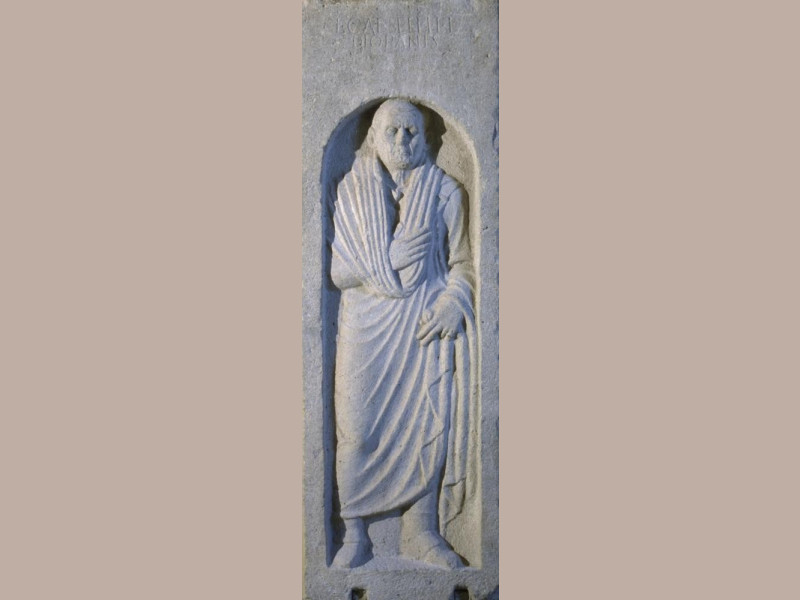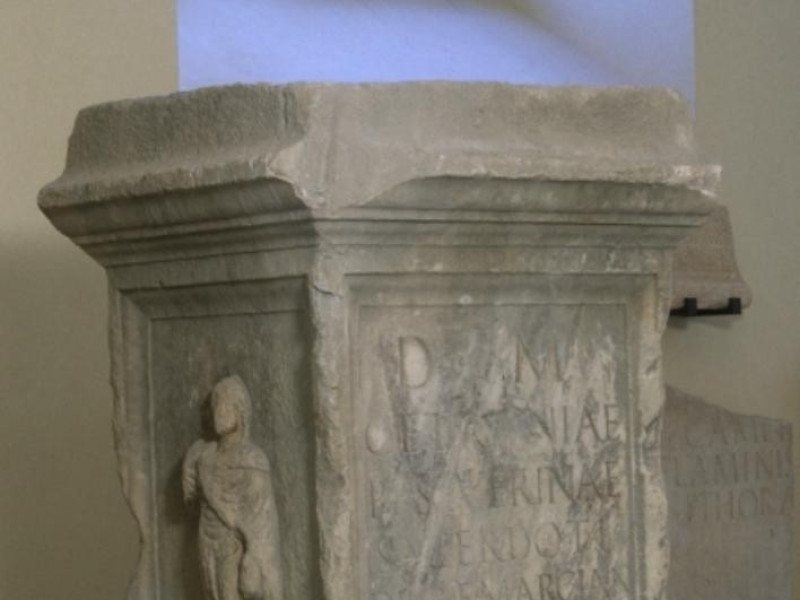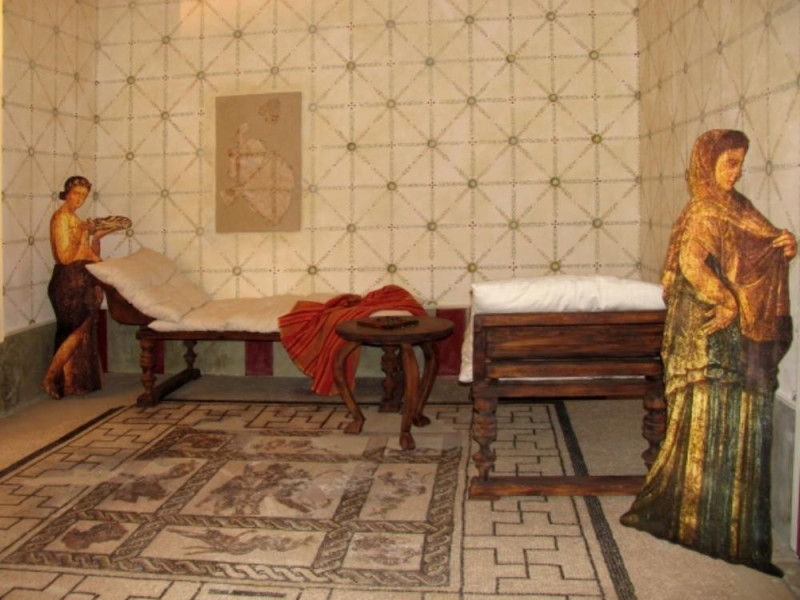Luogo - Museum
Museo archeologico nazionale di Sarsina
Where
Via Cesio Sabino, 39, Sarsina (Forlì-Cesena)
This is without a doubt one of the most important
archeological museums in northern Italy for the abundance and variety of
the finds that it contains. It was established in 1890 as a municipal
collection and has since expanded with finds recovered from the
excavation of the necropolis of Pian di Bezzo and within the city, until
it was acquired by the State in 1957. The collections of the museum
almost exclusively of local origin cover mostly the Roman Age from the
First century B.C and the Second to Third century. A.D., even though the
entire chronological period represented in the collection extends from
prehistory to late antiquity. The radical restructuring done in 1990 led
to the full consolidation of some large funerary epigraphs, among
which, the mausoleum of Rufus, which is some 13.5 meters high and dating
from the late first century. B.C, is noted for its grandeur and is one
of the major attractions. Also of great importance is the beautiful
polychrome mosaic floor, known as "The Triumph of Dionysos" and the
group of statues connecting numerous cult practices of the Orient. The
set of findings provides a complete reading of the history of ancient
Sassina, the birthplace of Plauto. The city, founded as the capital of
the Umbrian people who inhabited the valley of Savio, which after the
Roman conquest became a thriving municipality, linked to Ravenna by
close trade and cultural relations.



